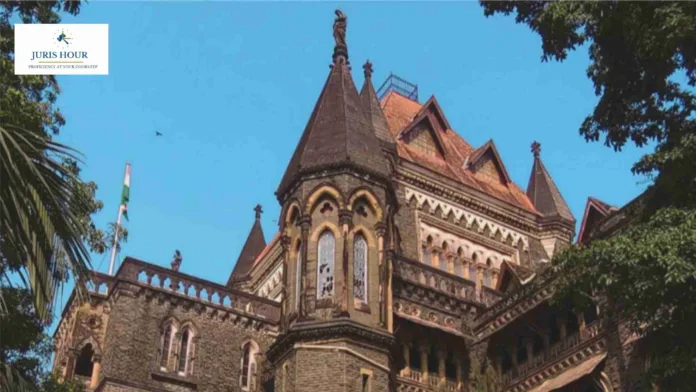The Bombay High Court has held that the Free Trade Agreement does not deprive the customs department of their powers or jurisdiction to issue show cause notice (SCN).
The bench of Justice M.S. Sonak and Justice Jitendra Jain has observed that Section 28 of the Customs Act is quite exhaustive, it provides that where any duty has not been levied or paid etc. on account of collusion, willful mis-statement, suppression of facts by importer or exporter etc., the competent officer may act within five years from the relevant date and serve a notice on the person chargeable with duty or interest, which has not been paid, the Gujarat High Court has interpreted the provisions of Section 28 and concluded that suppression of facts implicatory can be a ground for invocation of the said provision.
The Petitioners challenged the show cause-cum-demand notices issued under Section 28 of the Customs Act, 1962, in the context of benefits under Customs Notification No. 46/11 dated 1 June 2011 concerning the import of “Tin Ingots” from Malaysia. The show cause notices, inter alia, alleged that the Petitioners had secured benefits under Customs Exemption No. 46 of 2011 by misrepresenting that the Regional Value Content (RVC) of the Tin Ingots was more than 35% when it was not.
The Petitioners contended that a Free Trade Agreement dated August 30, 2009 (AIFTA) between the Republic of India and the Association of Southeast Asian Nations (ASEAN), governs the subject transaction. Accordingly, the Petitioners contend that the initiation of any adjudication proceedings under the Customs Act without observing the due process of law and as prescribed in the treaty, which would include the specific dispute resolution mechanism provided under Article 24, is wholly without jurisdiction and unsustainable.
The department contended that the provisions of an international treaty, unless incorporated into or transformed into Municipal laws or the State laws, cannot be directly enforced in the Court. He submitted that, therefore, to give effect to some of the provisions of AIFTA, the Customs Tariff (DOGPTA) Rules 2009 were enacted. However, he pointed out that there was no reference to Article 24 in the document. He therefore submitted that the Petitioners’ attempt to seek enforcement of Article 24 through these Petitions was entirely misconceived.
The department contended that notices have been issued under the provisions of the Customs Act because there was substantial material on record suggesting suppression and fraud, particularly regarding the RVC of the imported Tin Ingots. There are ample provisions under the Customs Act empowering the Customs Authorities to issue such show cause notices. Based on treaty provisions not incorporated into municipal laws, customs authorities cannot be deprived of their powers to adjudicate on issues such as potential misrepresentation, suppression, or fraud. The show cause notices are therefore legal and valid, and the petitioners’ attempts to stall adjudication should not be encouraged.
The court noted that the Petitioners’ contention about the enforceability of Article 24 of AIFTA, even though the Petitioners were unable to show any statute or even rules by which this treaty provision had been transformed into municipal law, is untenable. If accepted, this contention would run counter to several decisions of the Supreme Court on the subject and the principles of interplay between domestic law and international law as explained by eminent authors and the Supreme Court from time to time.
The court held that the Customs Authorities are yet to adjudicate the matter, and therefore, it is not for this Court to make any observations that would even remotely prejudice the interest of the Petitioners or the Respondents. However, attempts to stall or prevent the adjudication proceedings, as outlined in the show cause notices, cannot be encouraged when exercising our extraordinary and equitable jurisdiction under Article 226 of the Constitution.
Case Details
Case Title: Purple Products Private Limited Versus UOI
Case No.: WRIT PETITION NO. 2831 OF 2018
Date: 13 JUNE 2025
Counsel For Petitioner: Vikram Nankani, Senior Advocate
Counsel For Respondent: Jitendra B Mishra
Read More: Payment Of Pre-Deposit For Filing Appeals Under GST Law

